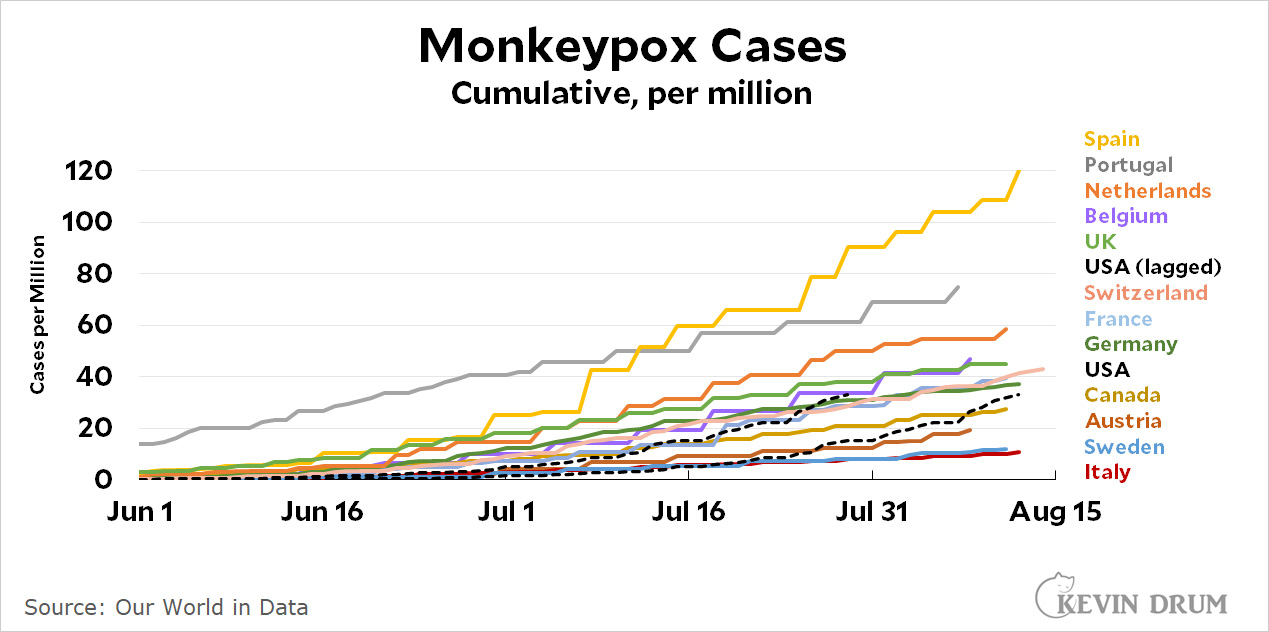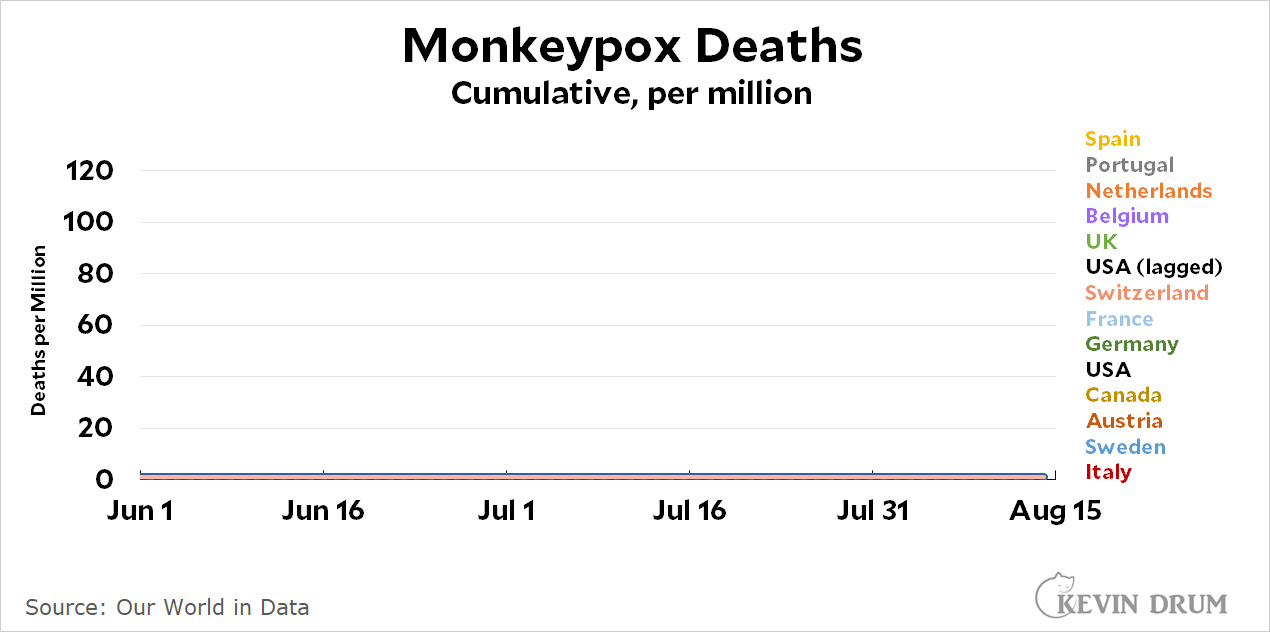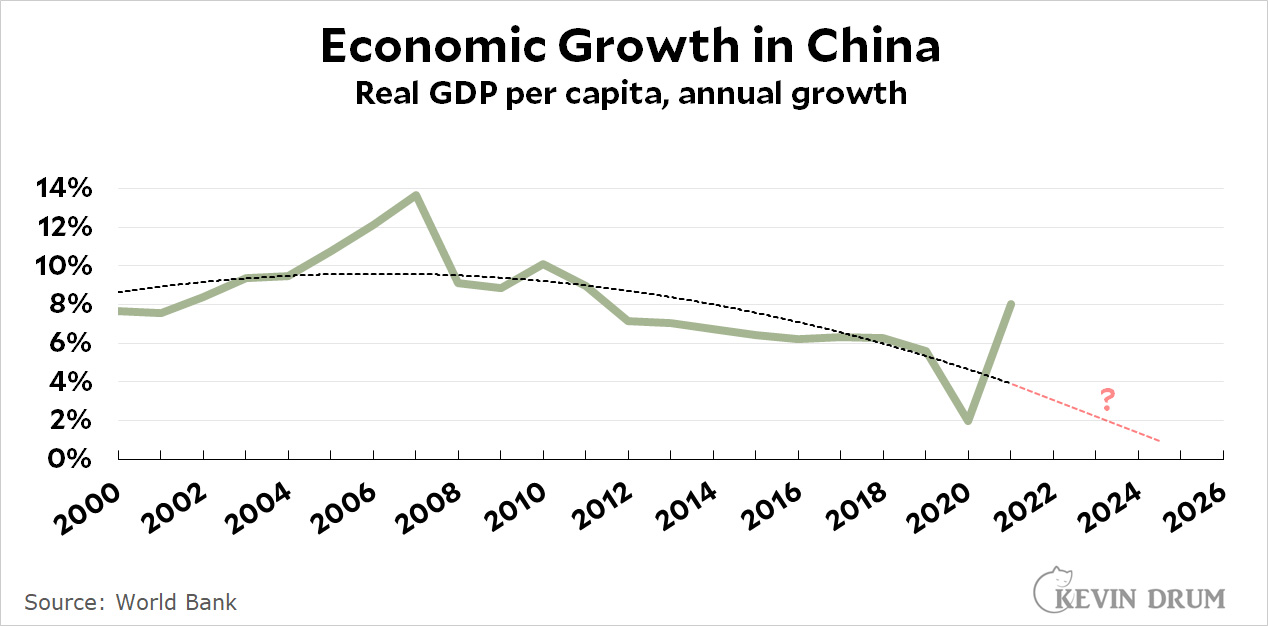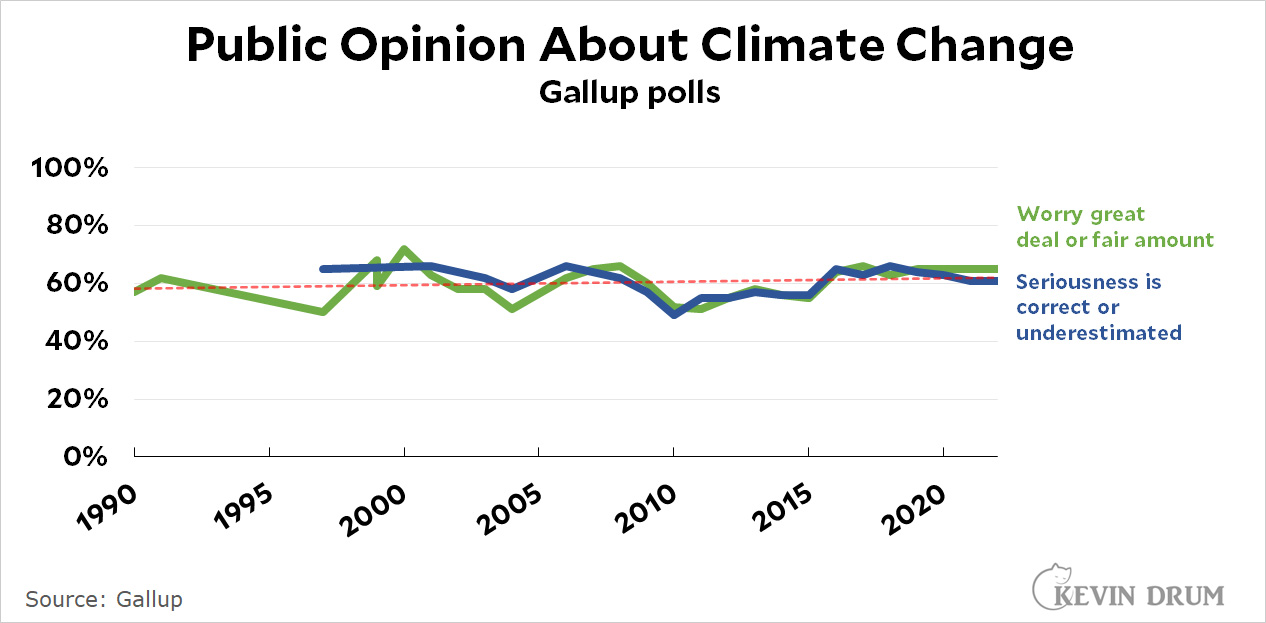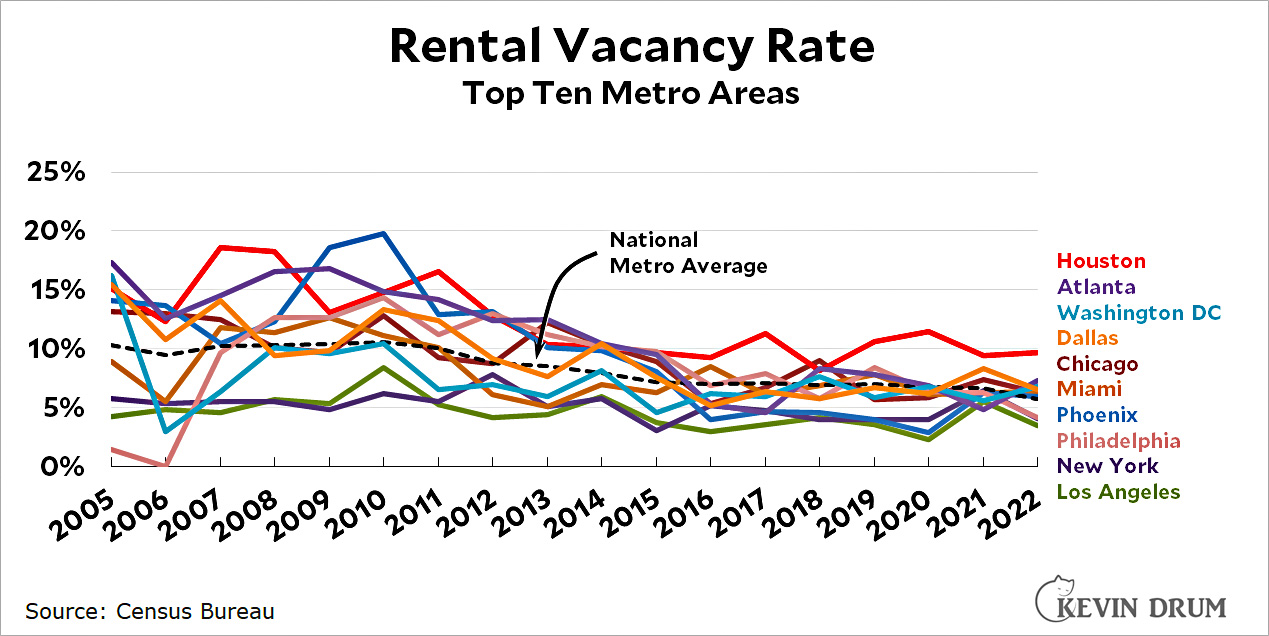In the Financial Times this weekend, Janan Ganesh is music to my ears:
This is as good a time as any to make a non-exhaustive list of things that I read in 2020 [which supposedly] had little future. Nightlife. The handshake. Buildings tall enough to need lifts. Casual sex (ha ha). Pret A Manger. The rat race. Business-class seats. Airbnb. I recount none of this in order to embarrass.
....The point is to draw lessons from their wrongness. One is that journalism has taken a neurotic turn over the past decade or so. It is there in the enthusiasm with which social maladies are talked up (the “loneliness epidemic”). It is there in the interior focus of so much feature writing.
....If you write on the regular, you have to play up the significance of transient events. “This little episode won’t change much, read 1,000 words on it”, is not a bad pitch. But it has to be rationed. The rest of the time, all the drive in media is to attribute significance to the ephemeral. Between 1997 and 2003, every other week was “Tony Blair’s worst week”. In 2020 — more forgivably, no doubt — the same impulse led to some dire futurology.
I have two points to make about this. First: duh. It was astonishing to count up the number of essays by alleged adults who insisted that millennia of human nature would be wiped out by a year or two of mild pandemic. Was this due to sweeping historical myopia? Ignorance of the power of social habits in primates? Wishful thinking about things the authors hoped would change? I don't know, but a lot of people ought to be giving this some serious thought.
Second: Ganesh acknowledges that one long-lasting change is remote work. I don't disagree with him, but I do wish there were some decent empirical evidence on this score. But nobody seems to have tracked this rigorously before the pandemic, and even after the pandemic we only get stuff like this:
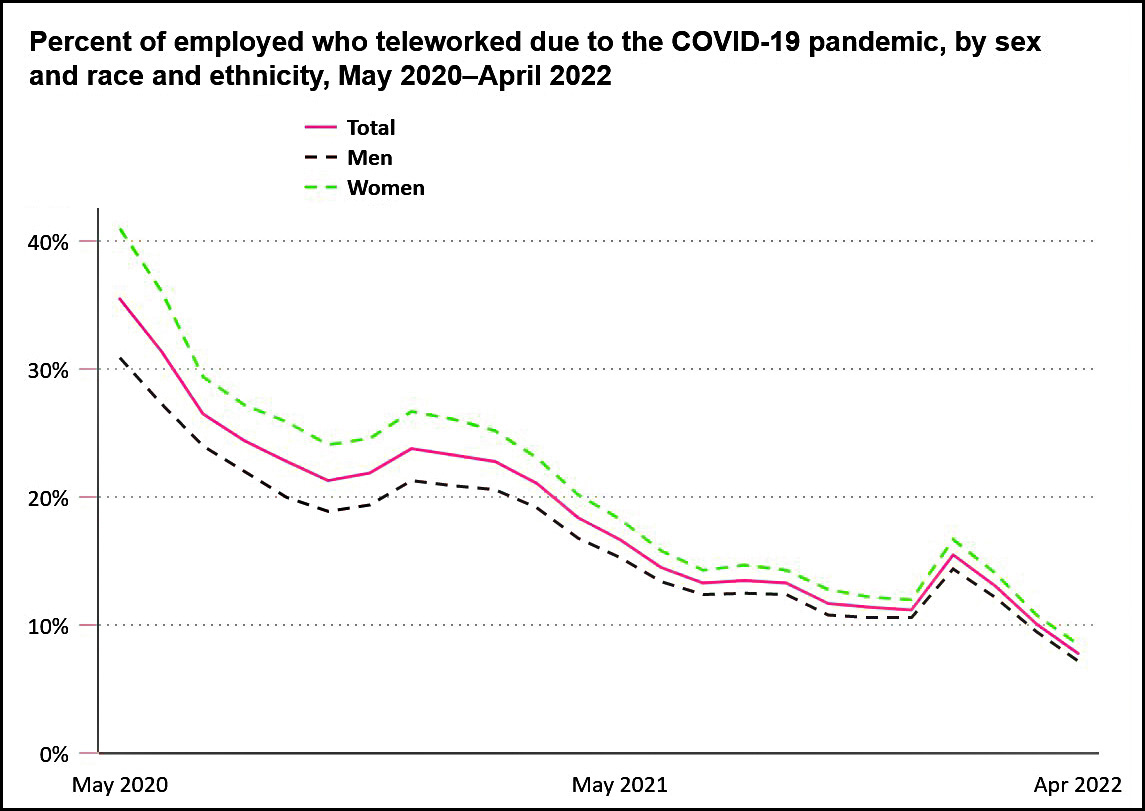 Remote work has gone down from 35% at the start of the pandemic to 7.7% today. But this solely counts people who are working remotely because of COVID. It doesn't include the effect of workplaces that have changed their remote work policies more generally, even if the original impetus was COVID. At least, that's how I interpret this.
Remote work has gone down from 35% at the start of the pandemic to 7.7% today. But this solely counts people who are working remotely because of COVID. It doesn't include the effect of workplaces that have changed their remote work policies more generally, even if the original impetus was COVID. At least, that's how I interpret this.
The truth is that outside the highly educated bubbles of the New York Times, progressive Twitter, and Silicon Valley, there's a lot of evidence that remote work is steadily fading away. But there's no firm evidence. It's hard to believe that some kind of consistent, semi-valid time series isn't available that covers the past 20 years or so, but that sure seems to be the case.


